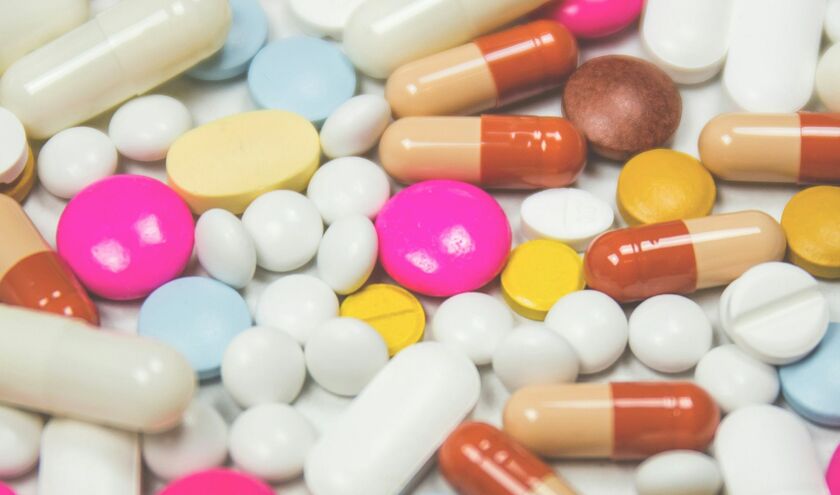Pharmaceuticals are currently exempt from a 10% US base line tax on imports but President Donald Trump has warned of drug tariffs in the ‘not too distant future'.
Alice Donavan-Hart, director of consulting at NHS SBS, told HM: ‘Given the complexity of pharmaceutical supply chains, there could be indirect impacts on drug costs to the NHS from the tariffs, which could drive up prices and create some fundamental market changes.'
Liberal Democrat health and social care spokesperson Helen Morgan said: ‘The health secretary needs to immediately convene a task force that will work to protect NHS funding and millions of patients from drug shortages resulting from Trump's playground bully tactics.
‘People need to know that the medicines they rely on just to get through their daily lives will be there when they need them, no matter what Trump threatens next, with the Government making plans for stockpiling as a matter of urgency.'
A Government spokesperson said: ‘This Government is committed to acting in the best interests of the UK and for people's jobs and livelihoods.
‘We continue to work across Government on trade matters including the announcements from the US.
‘We are engaging widely with those who stand to be affected by any tariffs, including the pharmaceutical sector.'
The DHSC said it was working to build long term supply chain resilience for medicines and prevent disruption and future shortages, including through collaboration with international partners.
Up to £520m has been invested in manufacturing more medicines, diagnostics and medical technologies in the UK and the Government said it was working with the NHS, regulators and other key partners to cut red tape to grow the life sciences sector.
The DHSC said there were around 14,000 licensed medicines with the overwhelming majority in good supply, adding it had a range of well-established processes to make sure that where there are shortages, alternative treatments are available to patients until their usual treatments are back in stock.



